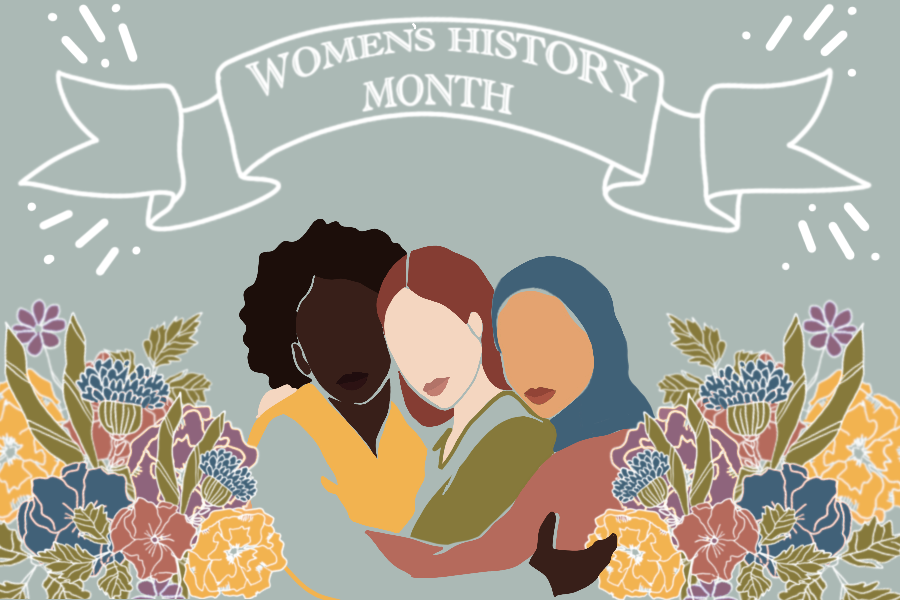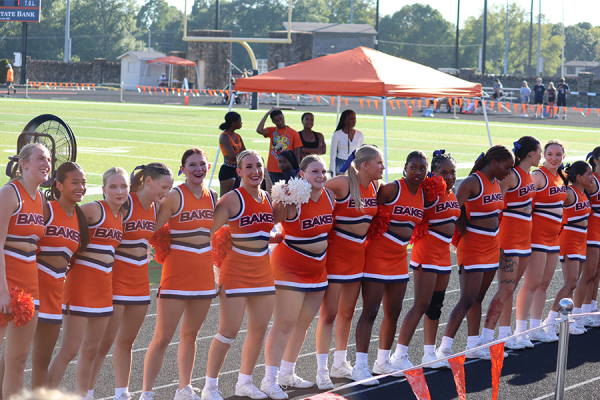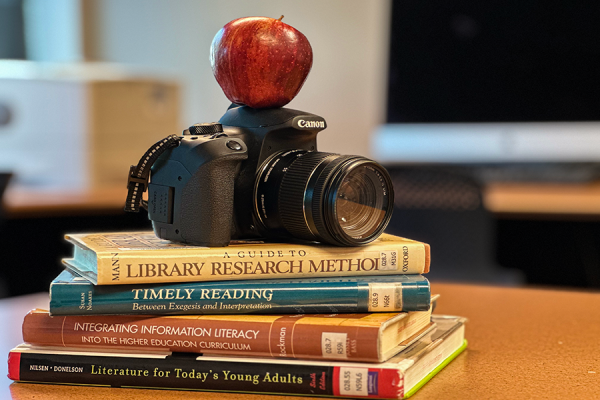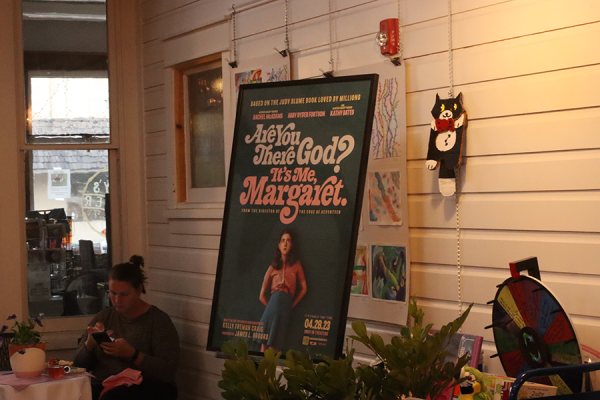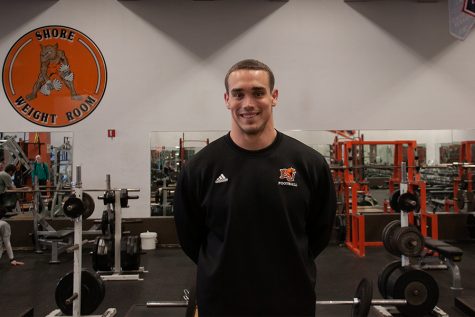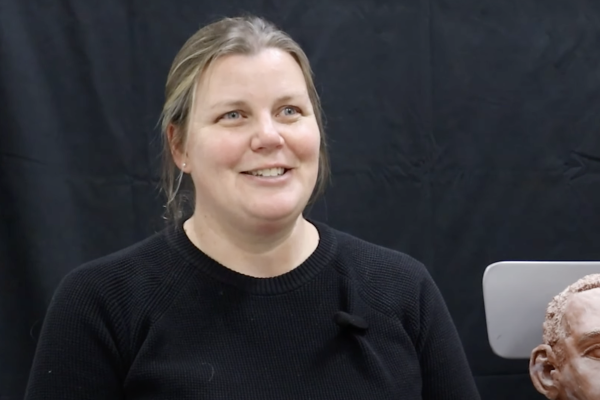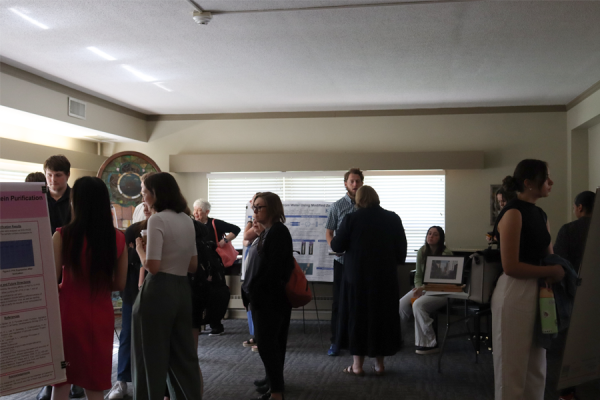Celebrating Baker women, then and now
March is designated as Women’s History Month and aims to reflect on women’s contributions throughout history.
Since 1987, March has been celebrated as Women’s History Month. As the month comes to a close, it is important to reflect on those women who have made an impact on our history here at Baker. The official Women’s History Month website states that the month was created to “celebrate the contributions women have made to the United States and recognize the specific achievements women have made over the course of American history in a variety of fields.”
In 1987, Congress passed Pub. L. 100-9 to make March 1987 Women’s History Month. Congress continued to make those proclamations every year until 1995 when the president now makes the proclamation themself declaring March as Women’s History Month.
This year’s Women’s History Month we can look back at all the women who have positively impacted Baker University’s history and made a difference.
For example, Mary Still was the first female professor who taught at Baker University. Still was the daughter of Abraham Still, one of the founders of the university. She was an avid abolitionist who worked as a preacher in the area before becoming the first female professor at Baker. Along with being a professor, Still and her friends published the area’s earliest newspaper entitled The Kansas Messenger.
Another woman who is important to Baker’s history is Olivia Kezia Willey, a class of 1866 graduate. Willey was one of three students from Baker’s inaugural class and the only woman a part of that class.
Willey was enrolled in what was called “the classical program” for eight years. The program required Willey to master Greek and Latin. Along with those two subjects, Willey was proficient in oral presentations and delivered speeches on campus about many topics during her collegiate career.
Willey was affectionally referred to as “Dolly” by her classmates and many of the male students commended her for being the first woman to receive a degree from Baker.
Since the beginning of Baker’s history, women have been leaving their marks and making last impressions. Today we can look back on those notable women as well as celebrate those making a name for themselves in the twenty-first century.
One woman who is important to Baker’s athletic history is Stephanie Nelson. Nelson won the national championship for javelin in May 2012 by throwing for 149 feet and 6 inches. She graduated from Baker in 2014 and was involved in track and field during her four years at Baker. Along with javelin, Nelson participated in shot put, discus, hammer and weight throw.
Nelson has solidified her spot in Baker’s history by being the second track and field athlete to win a national championship and the only woman to win one as well.
Nelson describes the experience of winning as very high-spirited and feeling overwhelming happiness due to her achievement. She felt as though her commitment and focus were paying off.
“I was calm, very humble with excitement,” Nelson said.
When Nelson was first notified that she was the first woman to bring home a national championship, she had no idea of this accomplishment and immediately felt honored.
Nelson encourages many other female athletes to continue with their goals of hoping to bring home national championships just like her, even offering some advice to those athletes.
“Stay focused in your craft and surround yourself with motivators and positive encouragement,” Nelson said.
Although her time at Baker is over, Nelson still has many fond memories from this place and can look back on her positive experiences. One of them is conference championship meets, where all the athletes come together to support one another and everyone can feel the unity from each other.
Sophomore Johana Cruz-Mera shares what makes Women’s History Month special to her on Baker’s campus.
“To me, Women’s [History] Month means being united to celebrate and appreciate all women of all kinds. Being a woman on campus I am able to continue the progress that inspiring women have already started throughout history and help keep changing the world for the better through the opportunities given to me,” Cruz-Mera said.
Along with being surrounded by inspiring peers, Freshman Elizabeth Lamp talks about how the women professors on campus have made a difference in her life.
“As a woman on Baker’s campus, I feel empowered by all the women professors. I can look up to them as role models and valuable resources for my educational journey,” Lamp said.
No matter who you are, it’s important to acknowledge and recognize the amazing women who are a part of Baker’s history. Students, professors and athletes alike have made their mark on Baker’s campus and continue to inspire so many others.
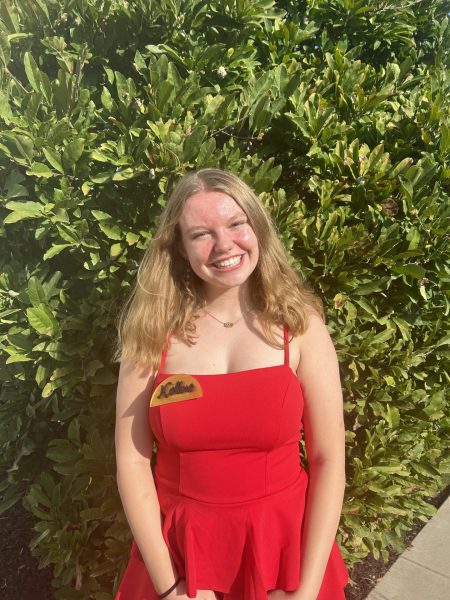
Kolbie Christensen is a junior Mass Media major and the Social Media Editor for The Baker Orange. This is her third year on staff. She is a member of Alpha...


